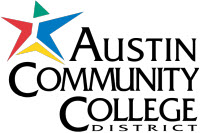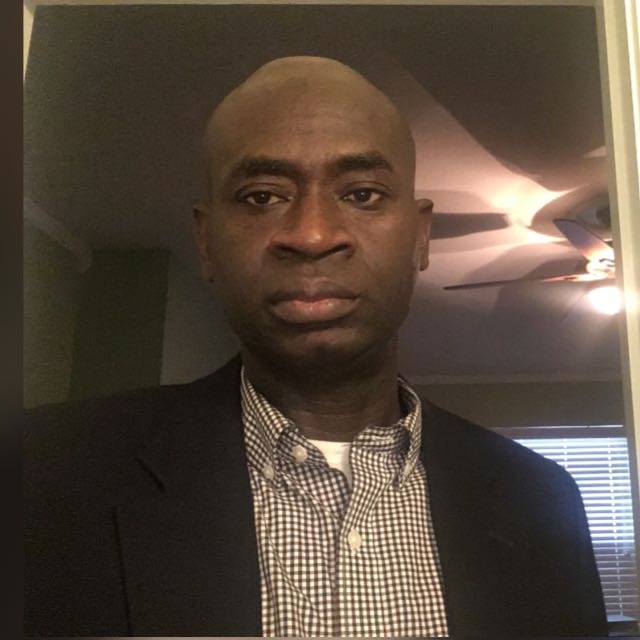Below is a summary of the abstract you submitted. Presenting author(s) is shown in bold.
If any changes need to be made, you can modify the abstract or change the authors.
You can also download a .docx version of this abstract.
If there are any problems, please email Dan at dar78@pitt.edu and he'll take care of them!
This abstract was last modified on May 31, 2024 at 12:24 a.m..

The SEA-PHAGES (Science Education Alliance-Phage Hunters Advancing Genomics and Evolutionary Science) program, sponsored by HHMI (Howard Hughes Medical Institute), provides an enriching hands-on experience for students to discover and analyze bacteriophages. In a course setting with approximately 24 students, managing the discovery of phages presents logistical challenges, given the program's constraint of sequencing only two phages at a time. The semester begins with individual efforts where each student collects environmental samples and performs both direct and enriched isolation techniques, typically resulting in 2-4 plaques per student. These plaques serve as a foundation for forming small groups of 2-4 students. Each group then collaboratively proceeds with the purification of their phages, leading to lysate collection, transmission electron microscopy (TEM) imaging, DNA extraction, and characterization. The final phase involves submitting the most promising phages for sequencing. This structured approach offers significant advantages, particularly in accommodating the varied attendance and participation of students. As students may miss classes for various reasons, the group-based methodology ensures continuity in their lab work, allowing them to catch up with their peers and contribute meaningfully to the project. This collaborative strategy not only maximizes the learning experience but also aligns with the constraints of the SEA-PHAGES program, ultimately facilitating a streamlined and inclusive phage discovery process.

